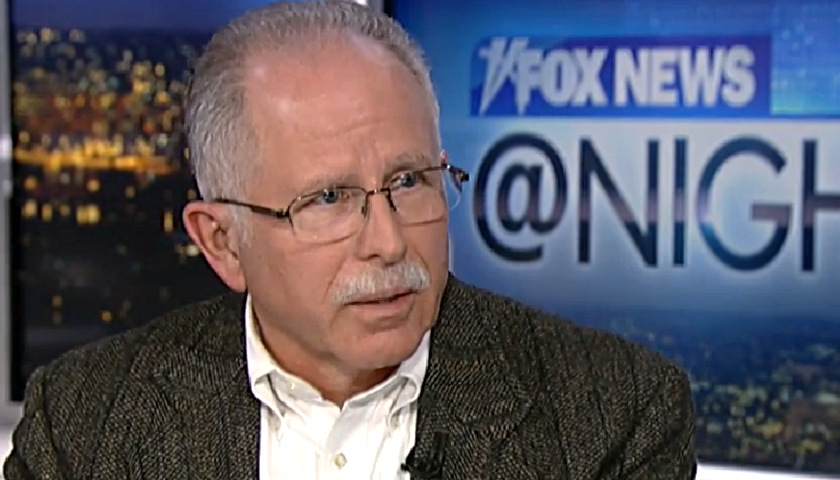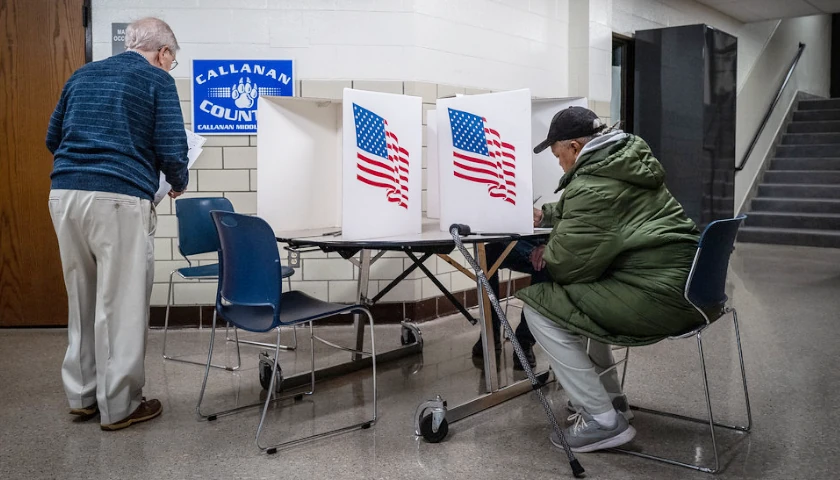By Richard McCarty
For over a decade, Mark Janus has had to pay fees to a union to keep his job as a child support specialist at the Illinois Department of Healthcare and Family Services. Believing that he should not be forced to pay these fees to a union whose views he opposes, Janus filed a lawsuit against the American Federation of State, County, and Municipal Employees (AFSCME), Council 31. In February, the Supreme Court heard arguments in the case, and the Court could issue its ruling any day now. The Janus decision is likely to upend the status quo in much of the country where public unions have been able to coast along forcing workers to pay agency fees without having to sell workers on the benefits of union membership.
What are agency fees? Agency fees are fees that non-union members are required to pay to unions to keep their jobs in some states. Agency fees are set by the union, and the cost of agency fees is typically between 80 percent and 90 percent of the cost of union dues. The purported reason for these agency fees is to prevent workers from benefitting from unions without contributing to them. Of course, unions are not obligated to represent all workers and could solely represent their members if they so choose.
The expected Janus decision would apply to state and local government workers in more than 20 states that currently allow unions to force nonmembers to pay agency fees. These states include some very liberal ones, such as California, Illinois, Maryland, Massachusetts, New York, New Jersey, and Washington, as well as some more moderate or even right-leaning ones, such as Maine, Montana, New Hampshire, Ohio, and Pennsylvania.
This is not the first time that the Supreme Court has addressed the issue of agency fees. The expected ruling in the Janus case would overturn part of the precedent set by the Supreme Court’s 1977 decision in the Abood v. Detroit Board of Education case, which allowed unions to force nonmembers to pay agency fees. Just two years ago, the Supreme Court considered a similar case to Janus, the Friedrichs v. California Teachers Association case; but the Court deadlocked 4-4 after the death of Antonin Scalia.
If the court rules as expected, there will be a number of losers. AFSCME and other public employee unions, including the National Education Association, the American Federation of Teachers, and the Service Employees International Union, will lose both members and money. According to a study by the left-leaning Illinois Economic Policy Institute, the ruling could cost public sector unions 726,000 members. According to the California Labor Federation, the Janus decision could lead to membership decreases of 5 percent to 30 percent. Furthermore, Democrats, who receive so much support from these unions, are likely to see that support decline.
Bracing for a potential loss at the Supreme Court, unions have been making changes. They have cut budgets and stepped up efforts to engage with their members and fee payers. Unions have also lobbied for favorable legislation from friendly state governments. For example, union bosses managed to get legislation passed in California requiring new government employees to attend an orientation session with union officials.
The bottom line is that the Janus decision is expected to be good for state and local government workers: those public employees who do not currently have the right to opt out of paying agency fees to a union that they oppose will likely be given that right. As a result, some of these workers will stop paying these fees, and some current union members will quit their unions. With a decrease in funding, these unions are likely to spend less on politics. Finally, public employee unions will likely focus more attention on communicating with members and representing them after years of taking their members for granted.
– – –
Richard McCarty is the Director of Research at Americans for Limited Government Foundation.





Now if we can just prevent governments from sending money to the Chamber of Commerce (business union), the playing field will be more even.